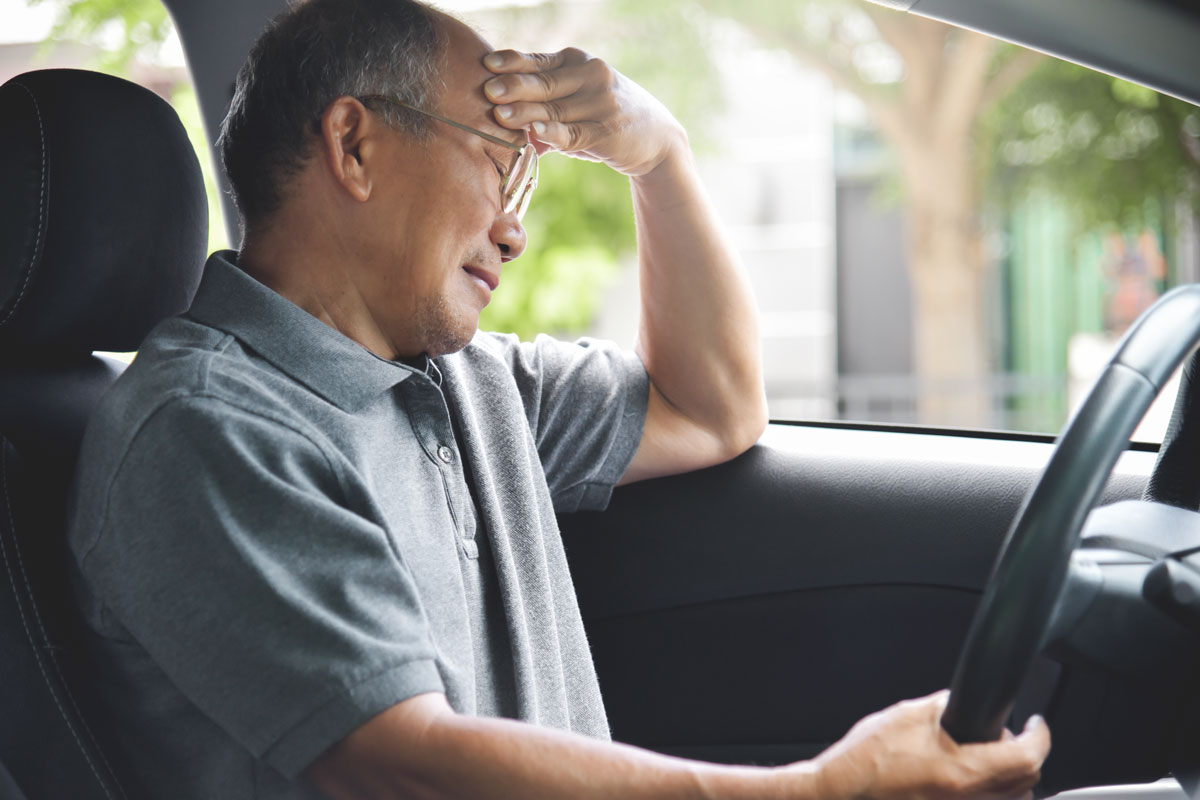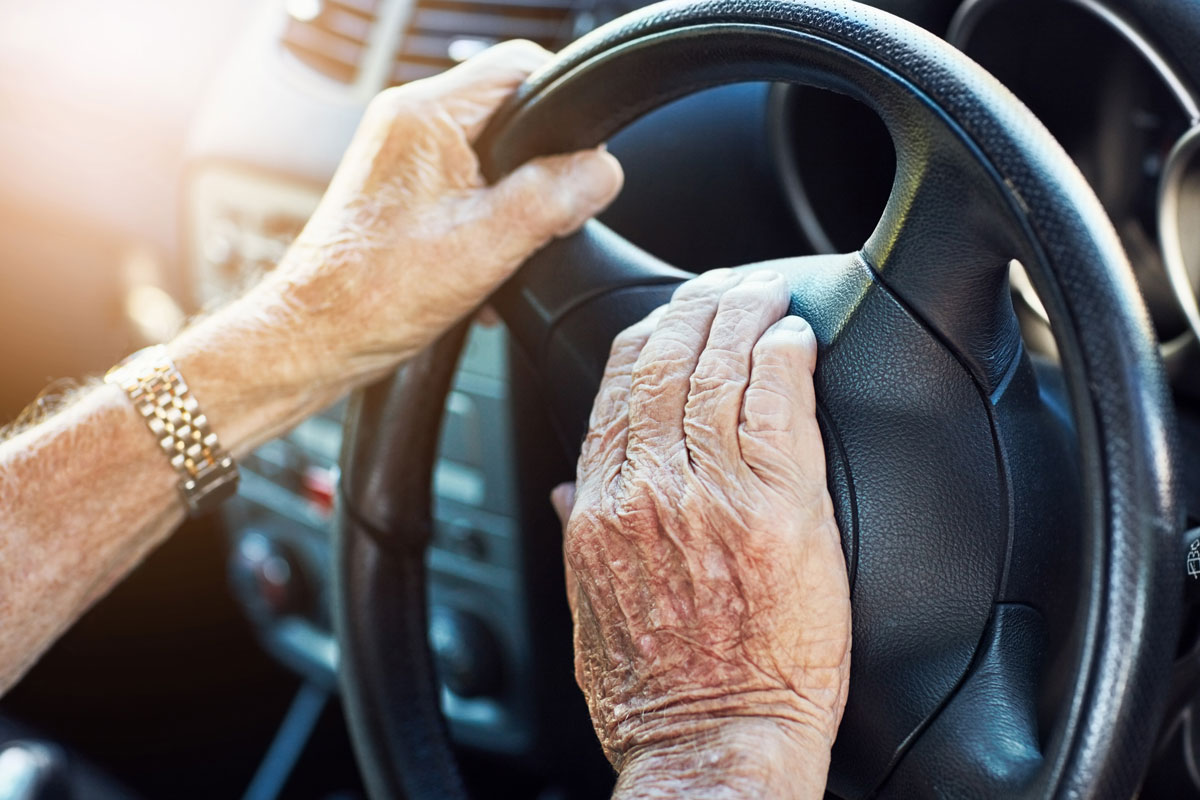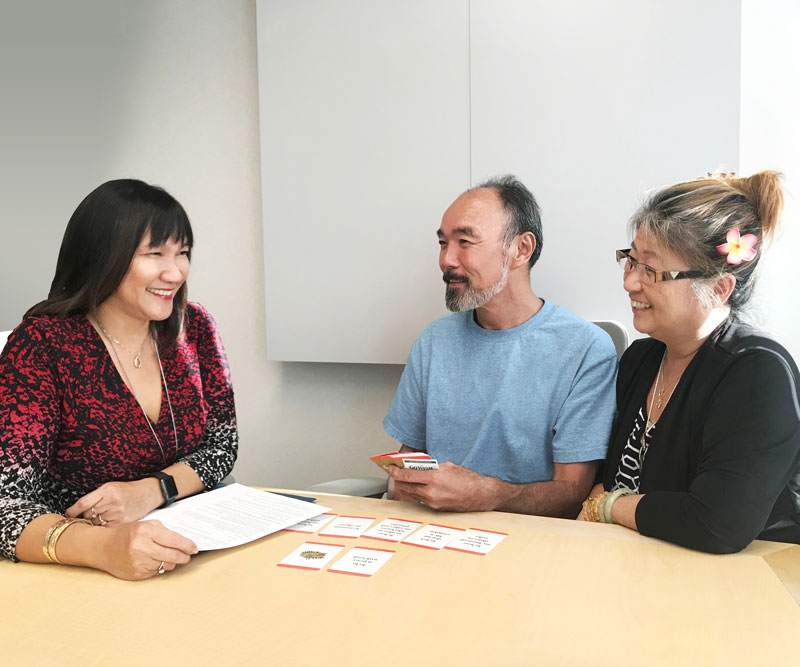
Driving & Dementia: How to Navigate the Road Ahead
When Should I Stop Driving if I Have Dementia?
Not a lot of people think about this when they start driving – when we should hang up our keys and stop driving for our health and safety.
All of us think that we'll be driving forever. But, just like anything else in this world, there's always an ending. It's always hard to consider that.
For patients with dementia, it's important to consider that they may not be driving safely anymore. Sometimes the insight into driving is gone. Now the challenge falls on the family members or concerned family members to guide them into making that difficult decision.
What are the Dangers of Driving with Dementia?
Because recent memory is affected more often in patients with dementia, things that you've done for several years, such as driving, don't get affected early on. Sometimes those with mild dementia can drive for several years with no issue. They can do things that they always do, such as driving to the grocery store. Some people with mild dementia can still do that safely.
But they can get into an accident when there's a sudden change to their regular driving pattern, such a car suddenly pulling out in front of them. Slowed reaction time is one of the problems that we see in people with dementia, so their reaction time might be delayed compared to someone who doesn't have dementia.
It's a complicated topic, and we're all affected by it.

Who Should Make the Decision – the Patient or the Caregiver?
It can be challenging.
Here in Hawaii, we do not have that requirement that other states, such as California, Oregon or Pennsylvania, to report people with dementia so that the DMV can stop them from driving.
Instead, we have a health report to the DMV so they can get rechecked and retested.
But in talking to those who have had a dementia diagnosis – it's not automatically that they cannot drive or should stop driving, but we always have to remind them of the risk involved with driving when you have this diagnosis.
Things can change in an instant. We don't know when things will get worse. Which is why it's important to learn and recognize signs that can help family members determine if it's time to take away the keys.
How a Plan Can Help When It's Time to Stop Driving
At the end of the day, we all know that it’s not an easy thing to do unless this is something that the patient has already planned ahead for.
I think that's something that's missing in our community – we don't talk about things ahead of time so that when they happen, we're more prepared. Just like advance care planning at the end of life and what you want done or not done when you’re very, very sick.
Our part, as physicians, is to use medical knowledge and evaluation of the patient to help make that recommendation. No one thinks about when to stop driving in the same way. When should you stop driving? Is it when you have your first accident? Your second accident? You're getting lost, you're getting dents in your car … it basically boils down to having that honest conversation with your loved one and hope that they drop the keys.
My goal is to help caregivers approach this topic with their loved ones.
Other resources are available from the Alzheimer's Association to help dementia patients and caregivers.
You can also talk with your or your loved one's primary care provider for more guidance.
Published on: September 17, 2025





